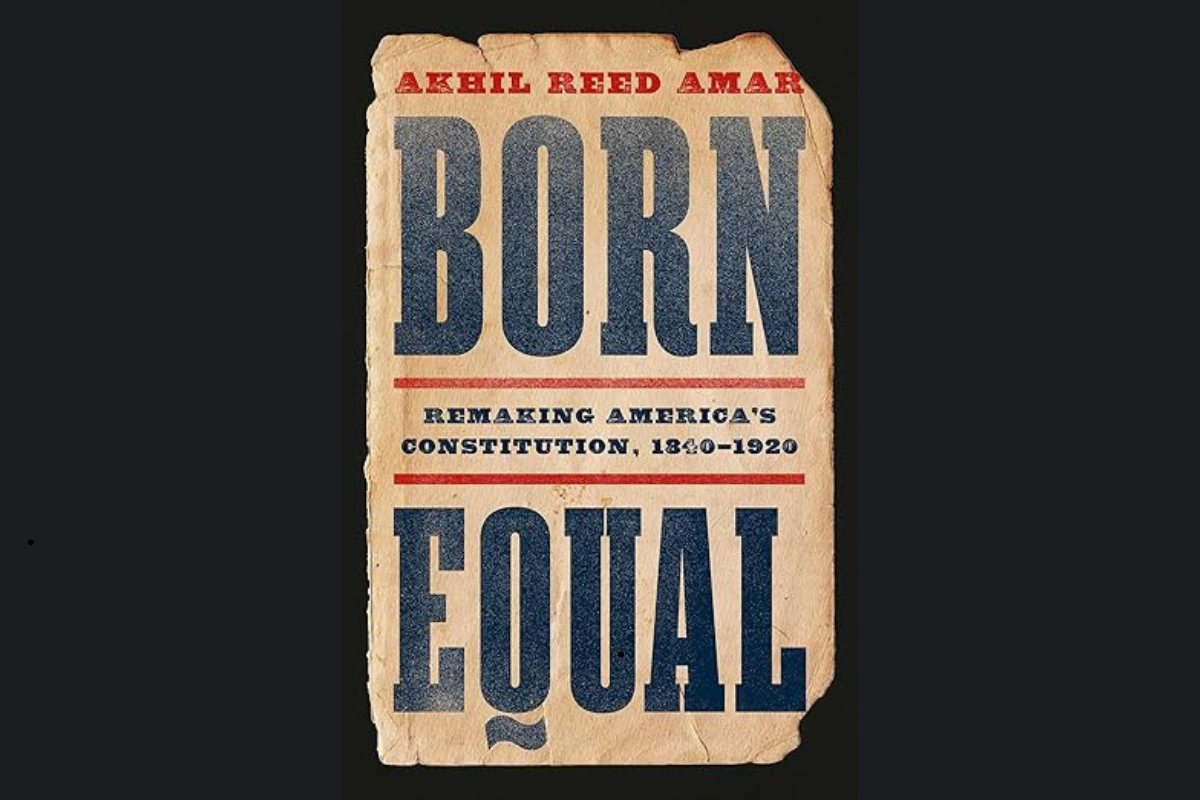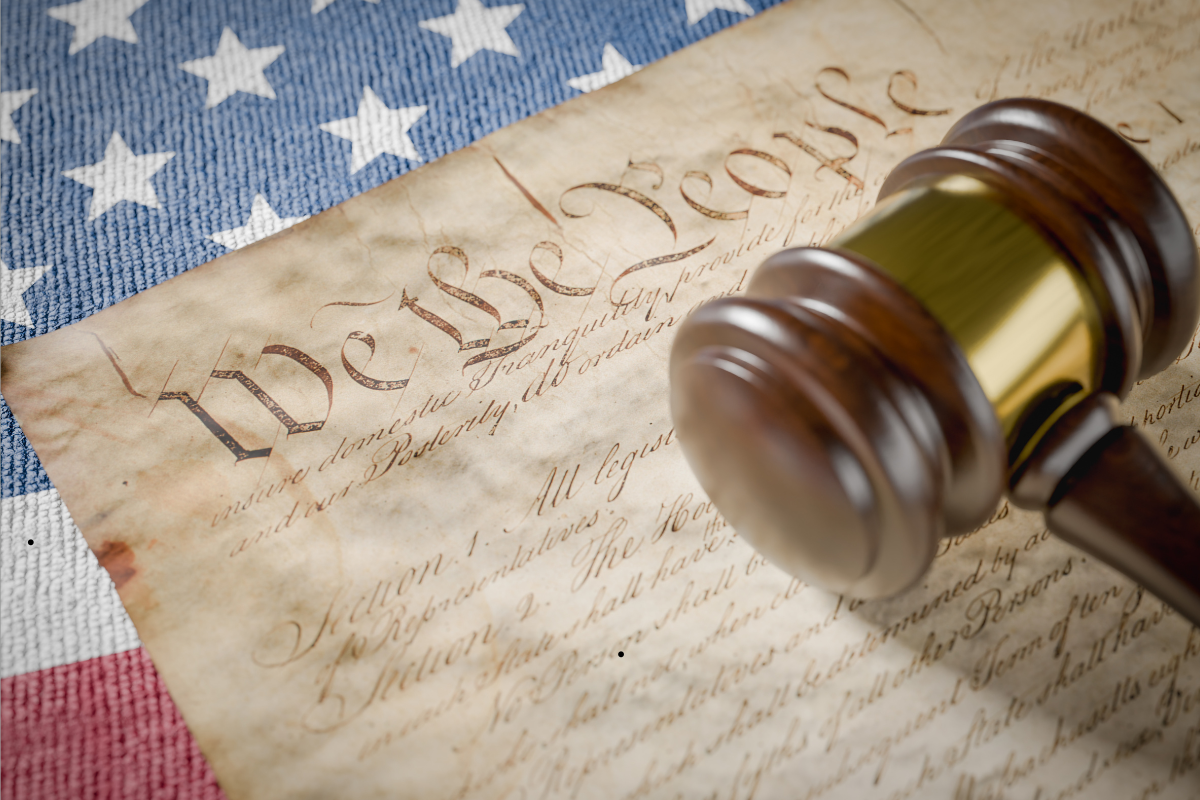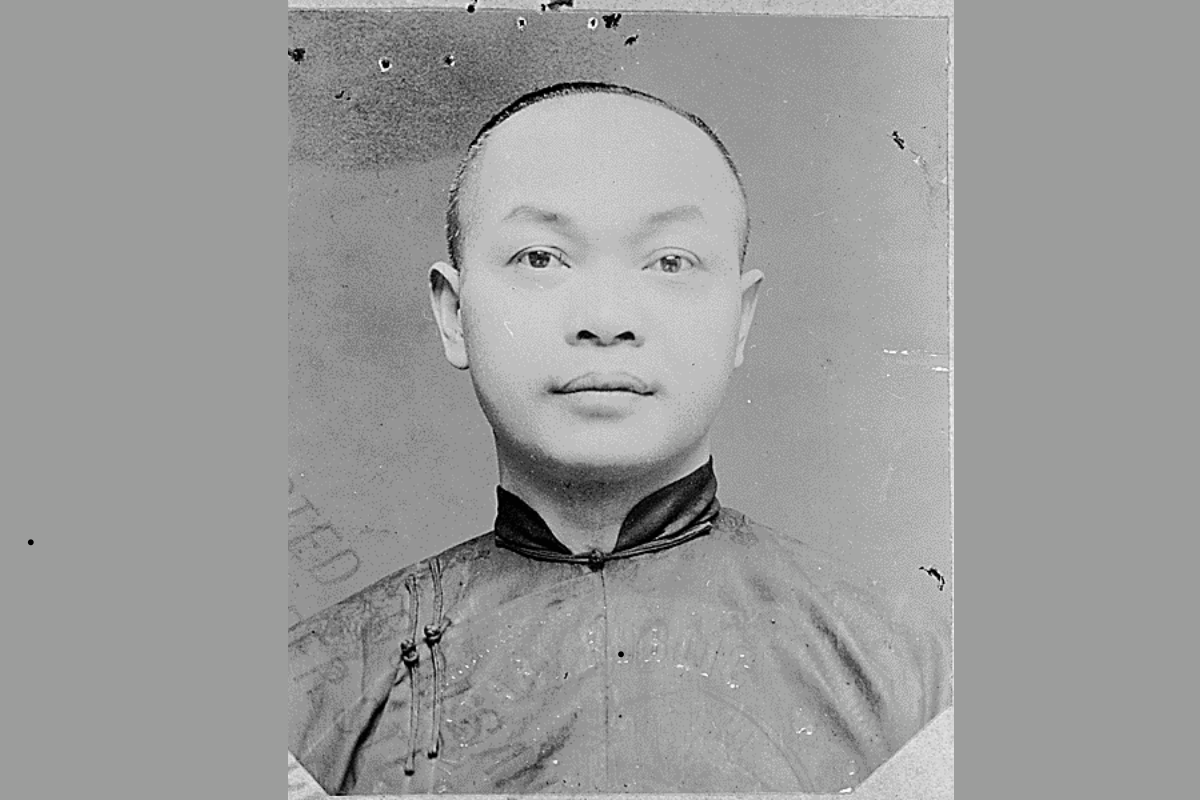Mark Twain: America’s Humorously Serious Celebrity
Mark Twain, by Ron Chernow, Penguin Press, 2025, 1200 pp. $24.95
Biographer Ron Chernow explains, “Mark Twain has long been venerated as an emblem of Americana.” In this fascinating biography, Chernow explains why. Though the book runs to 1200 pp, it never becomes tedious; on the contrary, it is an enthralling read. I’ve not read all of Chernow’s biographies, but those I have read, Alexander Hamilton and Grant, are equally hypnotic. Chernow is a master writer, and his prose is a delight to read. Chernow further notes, “On the surface, his humor can seem merely playful—the caprice of a bright mischievous child—but the sources of his humor are deadly serious, rooted in a profound critique of society and human nature that gives his jokes their staying power.” Twain was a brilliant autodidact, his life-long obsession to learn fueled by his “devouring curiosity.” His friends and admirers included Winston Churchill, G.K. Chesterton, Bram Stoker, Woodrow Wilson, Ivan Turgenev, Frederick Douglass, Robert Louis Stevenson, H.L. Mencken, Ernest Hemingway, Louisa May Alcott, and Edward Bellamy. A young Rudyard Kipling traveled 14,000 miles from India to meet his hero, though in later years Kipling would become the avid apologist for imperalism and Twain its mortal foe.
It is likely that “no other American author has led such an eventful life” and Twain, a “protean figure . . . fairly invented our celebrity culture.” He spent eleven years abroad, crossing the Atlantic twenty-nine times, during which he became the most celebrated American of his time; he was feted European royalty and multitudes read his works. The Innocents Abroad set the standar for American satire and was Twain’s best-selling book in his lifetime, and one of the most popular travel books of all time. Life on the Mississippi is an unforgettable portrait of American life read across America and throughout Europe. Not to be overlooked is his essay, printed in the Californian in 1876, that brought Twain to national attention, “The Celebrated Jumping Frog of Calaveras County.”
Twain’s Novel Politics
Twain had far more to say about politics than many realize, whether in his essays and articles or his novels. The older he became, the more forthright and occasionally offensive Twain grew, acting as a gadfly in respect to jingoism, American imperalism in the Phillipines, the despotism of czarist Russia, and the horrific role played by King Leopold II bloody plunder of the Congo. He sidestepped, however, at least two momentous issues, Reconstruction, and the Klu Klux Klan. Bermuda became Twain’s refuge as he aged and he “marveled at the interracial society”: He observed “Mighty well dressed people of both sexes & colors & all ages . . . Fine colored complexions & handsome faces & easy carriage,” though when he visited a church in Bermuda he was troubled that whites and blacks sat apart on different sides of the church.
In his book Roughing It, recounting his time on the West coast, Twain includes blistering condemnations of the abuse of Chinese immigrants. Twain thought Congress the home of “small, selfish, cowardly souls,” and he never tired of making American senators and representatives the object of his satire. He said the Prince of Darkness could start a branch of hell in the District of Columbia (if he has not already done it), and carry it on unimpeached by the Congress of the United States.” Twain became a forceful advocate for women’s suffrage, celebrating their heroism in an essay “The Temperance Crusade and Woman’s Rights.” He lauded the progress of women’s rights that was launched in the 1848 Seneca Falls Convention, writing, “These brave women besieged the legislatures of the land . . and achieved a revolution . . . They broke the chains of their sex and set it free.” Twain was more than willing to admit that men were women’s inferiors.
Twain acquired deep respect for Ulysses Grant and occupied the stage with him more than once. He said of Grant that he was “ephemeral,” “eternal.” He admired Grant, not only for his prowess as a general, but also “for his lenient behavior toward Robert E. Lee at Appomattox Court House.” Indeed, it was Twain that urged Grant, who had never written a book before, to pen his Memoirs and upon completion, Twain even published the Memoirs of Ulysses S. Grant. Twain, a southerner, whose sympathies had laid with the Confederacy, found Grant “ ‘a man of exemplary simplicity, kindness and modesty . . . the greatest man I have ever had the privilege of knowing personally.’ ”
Before he even began to write, Twain gave Grant no less than a $50,000 advance check and promised 70% of the profits, an extraordinary risk for Twain. Upon their completion, Grant died five days later of throat and tongue cancer, but he achieved his goal to leave his widow financially comfortable: the Memoirs were enormously successful and Twain was pleased to give her a $450,000 check, the equivalent of $17,000,000.00 today.
Although he met with Theodore Roosevelt several times, he was unimpressed and regarded him as an imperalist and full of bluster. When James G. Blaine of Maine was nominated as the Republican presidential candidate in 1884, Twain was stunned because of Blaine’s corrupt dealings with railroads when he was Speaker of the House and because of his support for the Chinese Exclusion Act. At that point, he took refuge with a small collection of disgruntled Republicans known as the Mugwumps, who were as likely to vote for Democrats as Republicans. Even more, Twain began to echo George Washington’s warning against political parties as Twain thought they brought out the worst in people.
During the Civil War, Twain often found himself between the Confederate Scylla and the Union Charibdis on the river: “As a Confederate pilot, he would be exposed to ceaseless danger, but as a Union pilot, he would face the double jeopardy of being suspected of southern sympathies.” Accordingly, he limited his steamboat navigation to the lower Mississippi, between St. Louis and New Orleans.
Slavery and Pretension
His Huckleberry Finn is a powerful refutation of slavery on a level with Uncle Tom’s Cabin by Harriett Beecher Stowe—who was his friend and neighbor in Hartford, Conneticut. It is sadly ironic that Twain’s novel itself has been accused of racism because of the use of the “n” word, but such is the opinion of reactionaries who only read superficially. Chernow tells us that H.L. Mencken called Huck “a truly stupendous piece of work, perhaps the greatest novel ever written in English.”
The Tragedy of Puddn’head Wilson demonstrates that notions of inferiority and superiority are based in nothing more than prejudice and socialization. A Connecticut Yankee in King Arthur’s Court combines the genres of historical narrative and time-travel to denounce the romanticism of the novels of Sir Walter Scott, and the Catholic Church. It concludes with an unpleasant commentary on human life in general. Though not at all Twain’s best work, Connecticut Yankee signals his attempt at political philosophy, an aspiration that grew over the years; the book is at times radically egalitarian. “Irreverence,” Twain said, “is the champion of liberty, & its only sure defence.” The Gilded Age, the novel that coined the phrase, is a dark satire of the American aristocracy and the greed of the industrial revolutionary age. The appealing The Prince and the Pauper, later acted on the stage and in cinema, is a celebration of the intelligence and character of ordinary people contrasted with the pretentiousness of royalty.
Twain’s hometown, Hannibal, Missourri was saturated with pro-slavery sentiment, but over time, Twain was able to shed that awful prejudice. He made acute analyses of how a locale could feel and act in such beastly ways and attributed it to a kind of mob mentality—the dark side of democracy—and the malformation of the individual conscience, which phenomenon Hannah Arendt indentified in her astute book Eichmann in Jerusalem. Twain eventually called slavery “a bald, grotesque, and unwarranted usurpation,” yet even his kindly mother seemed unable to grasp the evil of the institution and winked at the brutality inflicted on slaves in her own town.
That the compassionate Jane Clemens could be trained to regard slavery as a humane system instead of a monstrosity would serve as an object lesson for Mark Twain in the terrifying power of environment to shape and distort human behavior (p. 16).
Later in his career, Twain wrote,
[F]or a man to speak out openly and proclaim himself an enemy of negro slavery was simply to proclaim himself a madman. For he was blaspheming against the holiest thing known to a Missourian, and could not be in his right mind. (p. 26)
Twain offers an arresting view, unusual for his time, on what the white race owes the black race. He said that for
Every sin which a colored man commits, the just white man must make a considerable discount, because of the colored man’s antecedents. The heirs of slavery cannot with any sort of justice be required to be as clear and straight and upright as the heirs of ancient freedom.
He sought out promising young black students and sponsored their education, his own form of racial reparations. Twain also helped establish a branch of the NAACP, and became friends with a young lawyer next door to the local office, Thurgood Marshall.
Tragedy and Genius
Twain suffered massive tragedy in his life, enough to crush a lesser man. Though his mother was saintly, his father was congenitally incapable of granting affection to anyone in his family. Four out of seven of Twain’s siblings failed to survive until adulthood. Twain, later in life, and perhaps because his family had constantly teetered on the edge of poverty, lacked basic business sense, and was hoodwinked into various get-rich-schemes. He exhausted his wife’s inherited wealth and drove his family into bankruptcy, a plight which required well over a decade to overcome and forced his family to re-locate sixteen times in eighteen years.
One of his remaining brothers, a steamboat pilot like Twain, was burned so badly in a steamboat boiler explosion that he died three days later. His surviving brother, Orion, went from failure to failure, deficient in the basic intelligence required for personal and family stability; he was subsidized his entire life by his successful brother. Twain adored his wife Livy and she reciprocated, despite his cynicism, vindictiveness, and reckless business pursuits. One of their three daughters died at in her early 20s of bacterial meningitus and his youngest daughter, from the age of 15, contracted severe epilepsy. The disease caused her death when she apparently suffered a grand mal seizure in the bathtub when she was but twenty-five. Perhaps because of his many tragedies Twain thought the possibility of happiness in life was a sham and regarded God, if he existed, as a malicious, sadistic tyrant.
Yet, Twain was a protean talent and is usually graded as America’s greatest novelist and humorist. Ernest Hemingway thought that “all modern American literature comes from one book by Mark Twain called Huckleberry Finn.” A word of caution: If you read Chernow’s remarkable Mark Twain, you will be left impatient to read or re-read everything that Twain wrote. I have just picked up The Innocents Abroad, of which I’ve never had the pleasure. In an age of global uncertainy, in which the United States seems to flounder in its self-understanding of the country’s international image and obligations, the country can take a page from Mark Twain who was loved and celebrated in every country he visited.
Carl Vinson Professor of Political Science and Public Administration at Georgia College
Related Essays




